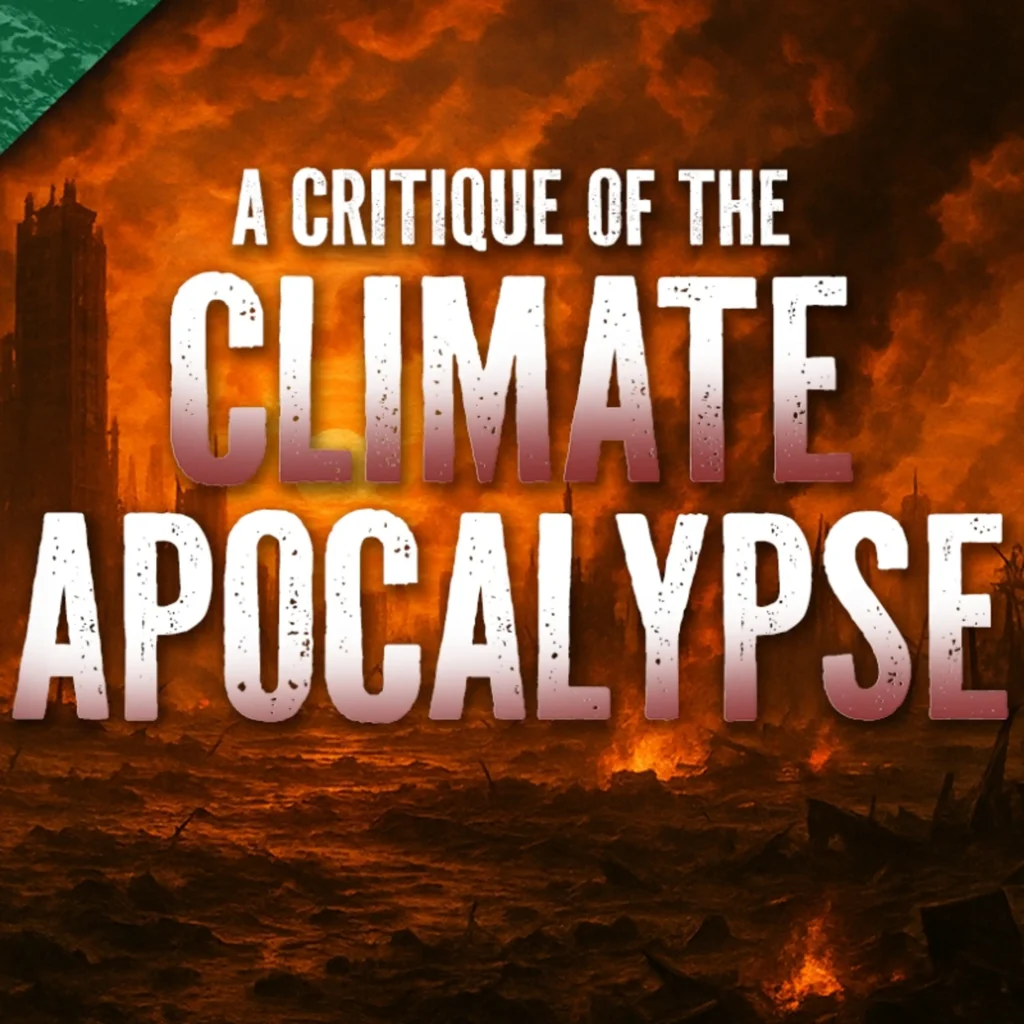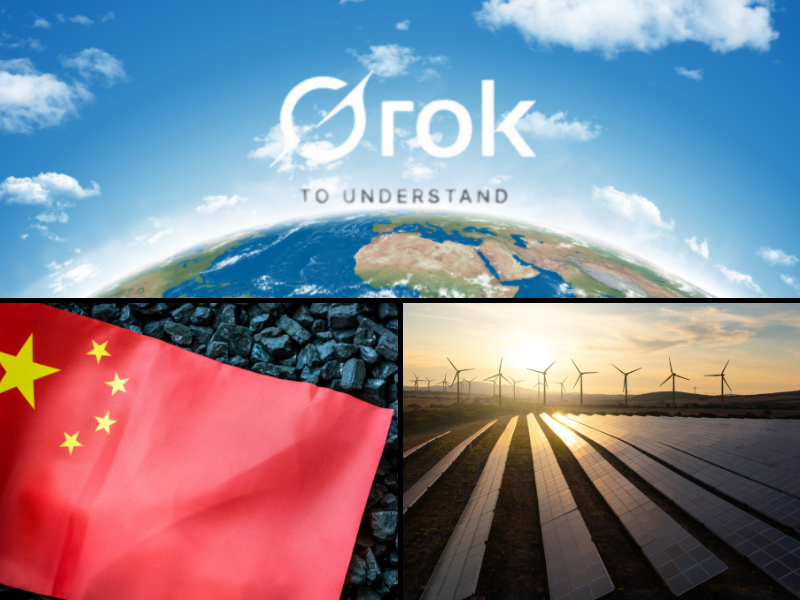The environmental advocacy group Resources for the Future (RFF) has long proclaimed itself a “moderate” voice in the debate over environmental policy.
Its supposed neutrality and authority enabled the Washington, DC-based think tank to raise $8.7 million last year from many of the country’s largest corporations, including American Electric Power Company, ChevronTexaco, Southern Company, General Motors, and ExxonMobil, while simultaneously securing grants from the country’s largest and most liberal foundations–the Rockefeller Foundation, Ford Foundation, and Pew Charitable Trusts.
RFF also receives 20 percent of its funding from government agencies.
In a Resources Special Report released in April, RFF claims, with some justification, that it was advocating free-market perspectives on environmental issues long before they were popular. Commenting on “widespread concern about potential shortages of crucial energy and natural resources” some 50 years ago, RFF fellow William A. Pizer says, “RFF scholars, among others, helped to disprove that myth, showing that free markets, free trade, and technological innovation could alleviate pressure on resource constraints, an idea that seems almost clairvoyant today.”
Tune Has Changed
But what has RFF been saying more recently? In an essay in the Special Report titled “Setting Energy Policy in the Modern Era,” which seems to indicate RFF’s official position (to the extent it has one), Pizer writes:
“But the new problems of energy security and environmental challenges result from a fundamental failure of energy markets to address issues that fall outside the market framework. This time, government clearly must intervene to correct these problems.”
And later in the same article:
“The solution, then, is for the government to encourage broad-based reductions in petroleum use, reducing our exposure to supply disruptions, our need to intervene diplomatically or militarily, and the flow of funds into the Middle East. A particularly simple (but politically unlikely) approach is to set a petroleum tax at a level that reflects the estimated consequences–risk and cost of an oil shock, diplomatic and military expenses to maintain global market access, and indirect support of terrorism–associated with additional oil consumption.
“A broad tax has the advantage of both encouraging less fuel use and encouraging the development of energy-saving technologies, which are now more valuable,” Pizer continues. “A second-best alternative might be to focus solely on energy-saving technologies through a broad market-based performance standard for all vehicles or other incentives.”
Higher Gasoline Taxes
This line of reasoning is not free market or even, in today’s debate, very moderate.
According to Yale University professor Robert Mendelsohn, the price required to internalize the threat of climate change due to oil consumption is $2 to $6 per ton of emissions, or about 0.5 to 1.0 cents per gallon today, rising to about 2.5 to 7.5 cents by 2050.
Rising prices for gasoline already force consumers to pay this penalty and much more. If RFF’s complaint is that governments don’t get a large enough share of this money, then its concern is still misplaced. Federal excise taxes are currently 18.4 cents for gasoline. State taxes on gasoline range from a high of 31 cents (Rhode Island) to a low of 7.5 cents (Georgia), with the average being about 20 cents. Nine states permit cities or counties to impose their own motor fuel taxes.
A Congressional Budget Office study released in December 2003 estimated federal taxes on gasoline would have to nearly triple–increase by 46 cents per gallon–in order to reduce consumption by just 10 percent. The total cost to consumers would be $2.9 billion per year. That cost, by diverting spending from other life-enhancing and life-saving products and services, would result in approximately 200 statistical deaths a year.
The notion that consumers should pay more for gasoline to internalize the national security costs said to arise from relying on Middle East oil is very dubious. The U.S. is in the Middle East for many reasons, and it is difficult to say how our military strategies would be different or how much less we would spend if we imported less oil from the region. More importantly, since there is a global market for oil and the Middle East is the lowest-cost producer, U.S. prices will be determined by prices paid in the Middle East regardless of whether we import a single barrel from the region.
A National Highway Traffic Safety Administration study released in 2003 examined this question and concluded: “[A]nnual expenses to support U.S. military activities do not seem likely to vary closely in response to changes in the level of oil imports prompted by conservation efforts or other policies. More specifically, reductions in gasoline use resulting from stricter CAFE standards seem unlikely to result in savings in the military budget.”
Raising CAFE
Raising CAFE (Corporate Average Fuel Economy) standards to reduce energy consumption, RFF’s “second best” way to reduce energy consumption, is popular among liberals but offers too few results at much too high a price to be acceptable to free-market proponents.
CAFE probably had little to do with improvements in fuel economy during the 1970s, since high gasoline prices and foreign competition were driving consumers to choose cars with better fuel economy. Since the mid-1980s it may have had the perverse consequence of lowering average fuel economy by shifting sales to trucks and SUVs.
According to Pennsylvania State University economics professor Andrew Kleit, the social costs of boosting CAFE standards–which include higher vehicle cost, more congestion, and more highway fatalities due to lighter vehicles–is 50 times greater than the increase in gasoline taxes that would be required to achieve the same reduction in gasoline consumption.
Tinkering with CAFE by creating tradeable permits and factoring in vehicle weight is just so much rearranging of deck chairs on the Titanic. Environmentalists interested in markets and efficiency prefer to find another boat.
Lost in Left Field
RFF has long bought into alarmist predictions of climate change and has limited its focus to finding “market-based” approaches to reducing emissions. Instead of sticking to the rigorous methodology that allowed past RFF scholars to challenge myths about resource depletion and the efficacy of government intervention, Pizer and other RFF scholars endorse exaggerated and politicized predictions about climate change. Rather than risk confronting their liberal allies and funders, they seem determined to ignore the research of such climate realists as Fred Singer, Patrick Michaels, Robert Balling, Robert Bradley, and others.
How RFF’s anti-market stance helps advance a free-market approach to environmental issues is a mystery. On the contrary, it sets a starting point for negotiations with left-wing extremists, who are rapidly losing political and popular support, that is worse than where U.S. energy and environmental policies currently stand, much less where most economists and objective scientists believe they should be.
The real center of the debate over environmental policy has shifted further in the free-market, sound-science direction than RFF realizes, leaving the group in left field. RFF is increasingly trailing, not leading, the movement away from command-and-control regulations and junk science.
If the bottom falls out of the global warming/Kyoto episode, as increasingly seems likely, RFF and its funders will be left looking foolish indeed.
Joseph L. Bast ([email protected]) is president of The Heartland Institute and publisher of Environment & Climate News.




